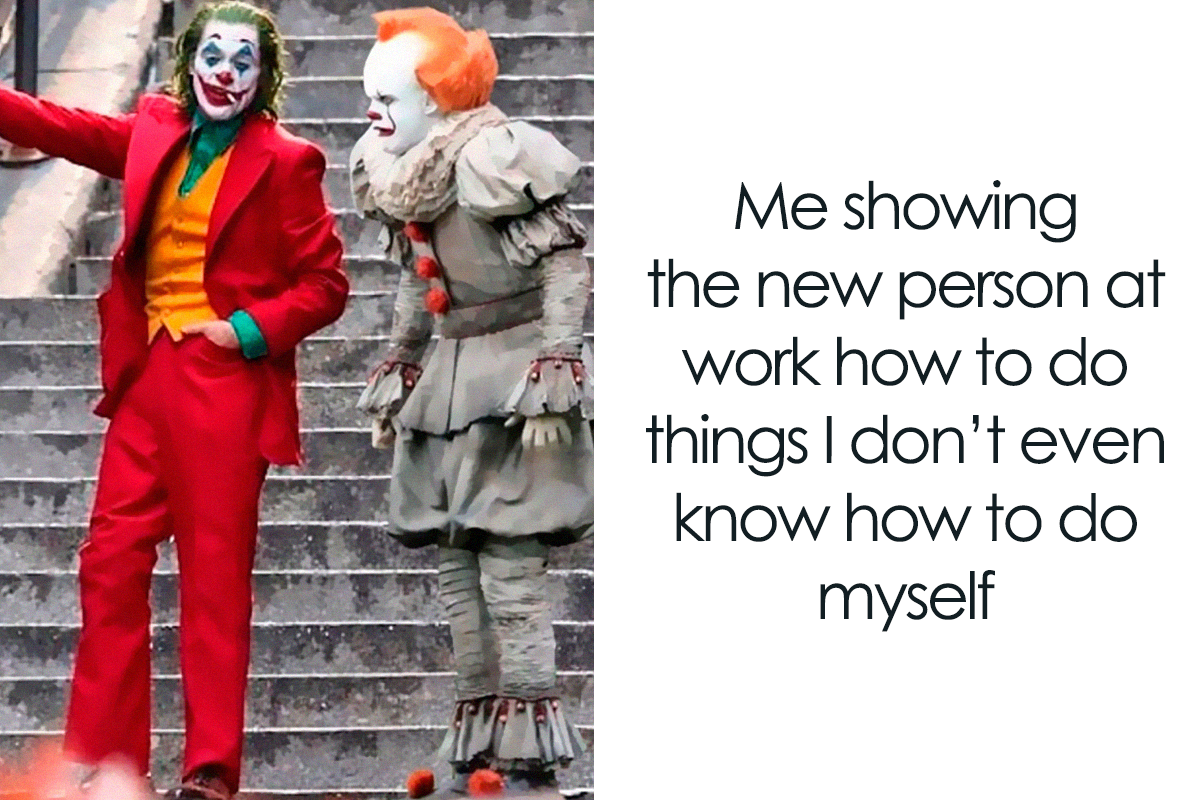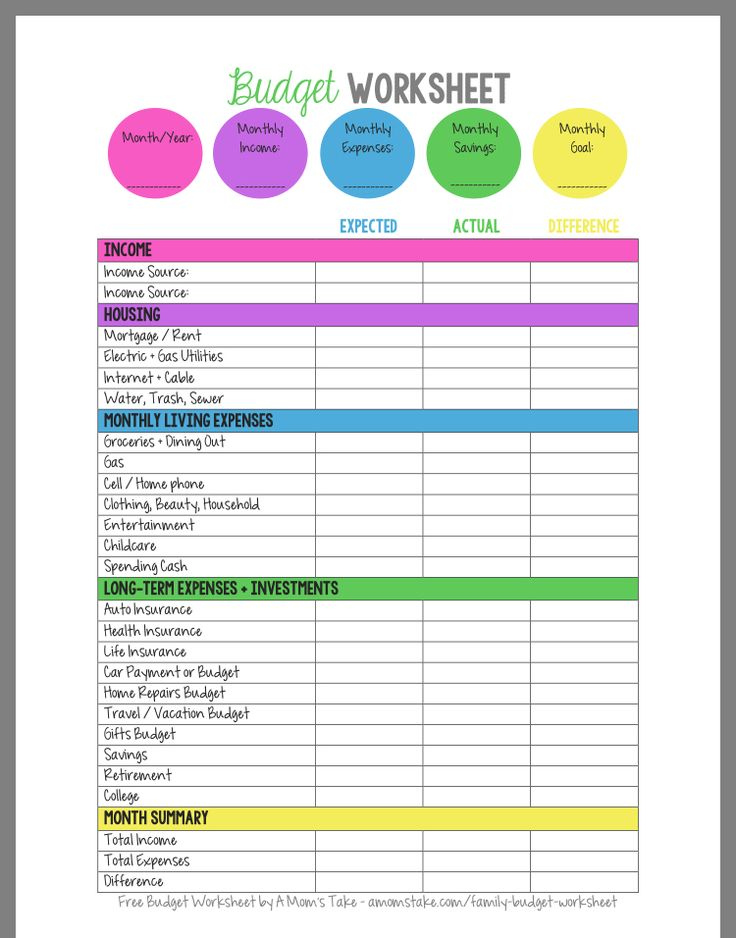
Laughing All the Way to the Bank (or Trying To): Funny Skits About Financial Anxiety
Financial anxiety is a universal experience, yet it’s often shrouded in seriousness and stress. While acknowledging the real struggles of financial insecurity, there’s also room for humor. After all, laughter can be a powerful coping mechanism, helping us to diffuse tension and see our anxieties in a new light.
This article explores the potential of using comedic skits to address and lighten the burden of financial anxiety. We’ll delve into skit ideas, character archetypes, and scenarios that tap into common money-related worries, all while aiming for humor and relatability.
Why Humor? The Power of a Good Laugh
Before diving into skit ideas, it’s worth considering why humor is a valuable tool when dealing with financial anxiety.
- Reduces Stress: Laughter releases endorphins, which have mood-boosting and stress-reducing effects.
- Creates Distance: Humor allows us to step back from our anxieties and see them from a different perspective. It can help us realize that we’re not alone in our struggles.
- Encourages Openness: By making light of financial worries, we can create a safe space to talk about them more openly and honestly.
- Promotes Problem-Solving: Sometimes, a good laugh can clear our minds and help us think more creatively about solutions.
Skit Ideas: Turning Financial Woes into Comic Gold
Here are some skit ideas that explore different facets of financial anxiety, with suggestions for characters, scenarios, and comedic elements:
1. The Budget Meeting from Hell
- Characters:
- Brenda: The overly enthusiastic budget spreadsheet guru.
- Mark: The perpetually broke optimist.
- Sarah: The secretly wealthy cynic.
- Scenario: A group of friends attempts to create a realistic budget, but their differing financial habits and attitudes clash hilariously.
- Comedic Elements:
- Brenda’s over-the-top spreadsheet obsession, complete with color-coded categories and pie charts.
- Mark’s unrealistic optimism, suggesting outlandish ways to save money (e.g., "We can just eat food from dumpsters!").
- Sarah’s subtle jabs about her wealth, delivered with a deadpan expression.
- Exaggerated reactions to budget cuts, like melodramatic declarations of poverty.
2. The Impulse Shopper’s Anonymous Meeting
- Characters:
- Group Leader: A recovering impulse shopper who still struggles with temptation.
- Newbie: A person who is new to the group and still in denial about their shopping addiction.
- Relapsed Shopper: A member who recently went on a shopping spree and is now full of regret.
- Scenario: A support group meeting for impulse shoppers, where members share their stories and coping strategies (or lack thereof).
- Comedic Elements:
- The Group Leader’s thinly veiled desire to buy everything in sight, despite preaching restraint.
- The Newbie’s absurd justifications for their purchases (e.g., "But it was on sale!").
- The Relapsed Shopper’s dramatic retelling of their shopping spree, complete with sound effects of credit card swiping.
- Physical comedy, like members hiding shopping bags behind their backs or twitching at the mention of "sales."
3. The Job Interview Nightmare
- Characters:
- Anxious Applicant: A nervous job seeker who is desperate for a job.
- Condescending Interviewer: An interviewer who is unsympathetic and out of touch.
- Scenario: A job interview gone horribly wrong, as the applicant’s financial anxiety manifests in increasingly bizarre ways.
- Comedic Elements:
- The Anxious Applicant’s excessive sweating, fidgeting, and rambling about their financial woes.
- The Condescending Interviewer’s patronizing questions and unrealistic expectations.
- The Applicant misinterpreting interview questions as personal attacks or veiled insults.
- A sudden, unexpected outburst of desperation from the Applicant, revealing their deepest financial fears.
4. The Unexpected Inheritance
- Characters:
- The Beneficiary: A down-on-their-luck individual who suddenly inherits a fortune.
- The "Financial Advisor": A shady character with questionable advice.
- The Greedy Relatives: Family members who come out of the woodwork, seeking a handout.
- Scenario: A person receives an unexpected inheritance and must navigate the challenges of managing their newfound wealth while dealing with opportunistic relatives and dubious financial advisors.
- Comedic Elements:
- The Beneficiary’s initial disbelief and over-the-top reactions to their good fortune.
- The "Financial Advisor’s" ridiculous investment schemes and blatant attempts to swindle the Beneficiary.
- The Greedy Relatives’ absurd requests for money, ranging from "urgent medical bills" to "funding my alpaca farm."
- The Beneficiary’s struggle to maintain their humility and avoid becoming a stereotypical nouveau riche.
5. The Dinner Party Disaster
- Characters:
- The Host: A financially strapped individual trying to impress their wealthy friends.
- The Wealthy Guests: A group of oblivious, out-of-touch individuals.
- Scenario: A dinner party where the host tries to hide their financial struggles from their wealthy guests, leading to a series of hilarious mishaps.
- Comedic Elements:
- The Host’s desperate attempts to create a facade of wealth, using cheap substitutes and creative illusions.
- The Wealthy Guests’ insensitive comments and lavish spending habits, highlighting the disparity between their lives and the Host’s.
- A series of escalating disasters, such as a cheap wine bottle exploding or a budget-friendly dish being mistaken for something exotic and expensive.
- The Host’s increasingly frantic efforts to keep up the charade, culminating in a full-blown meltdown.
Tips for Writing Funny Skits About Financial Anxiety
- Exaggerate the Absurd: Take common financial anxieties and push them to the extreme.
- Embrace Stereotypes: Use familiar character archetypes, but give them a unique twist.
- Relatable Scenarios: Base your skits on situations that people can easily recognize from their own lives.
- Physical Comedy: Incorporate physical humor to enhance the comedic effect.
- Surprise and Unexpected Twists: Keep the audience guessing with unexpected plot twists and comedic surprises.
- Don’t Be Afraid to Be Silly: The goal is to make people laugh, so don’t be afraid to be ridiculous.
Important Considerations
While humor can be a powerful tool, it’s important to approach the topic of financial anxiety with sensitivity. Avoid making light of genuine suffering or trivializing the struggles of those facing financial hardship. The goal is to use humor to create a connection with the audience, not to alienate or offend them.
Conclusion
Financial anxiety is a serious issue, but that doesn’t mean we can’t find humor in it. By using comedic skits to explore our money-related worries, we can reduce stress, create a sense of community, and even find new perspectives on our financial challenges. So, grab a pen, gather your friends, and start writing – it’s time to laugh all the way to the bank (or at least try to)!



